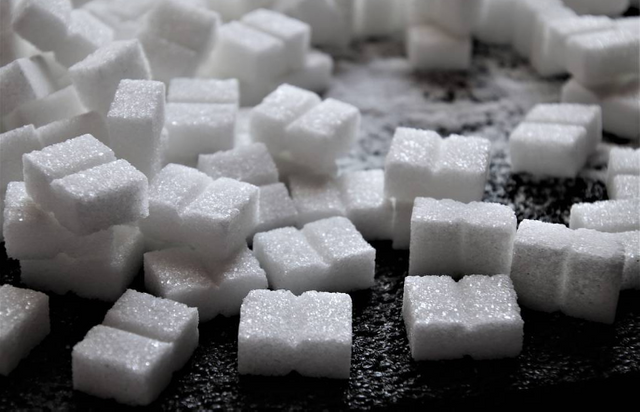SUGAR (PART 1)
The body system is a delicate balance of different substances, each of which must be kept within certain levels (referred to as normal); above or below these levels might become hazardous for the body health.
The sugar (glucose) level; the generally accepted range of prebreakfast normal level is estimated between 70 and 110 milligrams per 100 millilitres of blood, and when one's test result is above this level, one is diagnosed as having diabetes mellitus.
Some might ask how can one's blood sugar become high?
Glucose is the final product of digestion of carbohydrates and therefore there's restrain to be alot of it in the blood at any time, where it is used as a major source of energy. Its first stop after absorption from the intestines is the liver, where some of it is stored as glycogen as say as reserve for future use, while the rest is passed on to the blood circulation. And this is the place where the level must be kept down if the person is not to become diabetic.
To do this, in a normal case, is a chemical substance or hormone, called insulin, produced by an organ, the pancreas. Insulin ensure that any excess glucose is passed on from the blood into the body cells, where some of it is again stored as glycogen and fat, but the greatest percentage is broken down to produce energy for the body. But this does not happen when, for some reason, a person is lacking in insulin.
Now the question is; What usually causes a person's body to start lacking insulin.
This question will be answered in the next article,
Thanks for reading through.
##TO BE CONTINUED...

